The Broken Dreams of Google Plus
![]() I remember when Google Plus first came out. I was excited about it. As someone with a love-hate relationship with Facebook, I was optimistic about the new social network. Unfortunately, things haven’t turned out as I had hoped. Today Google Plus is a desert of broken promises and bad dreams. So what went wrong? Let’s take a look at the service’s brief but turbulent history.
I remember when Google Plus first came out. I was excited about it. As someone with a love-hate relationship with Facebook, I was optimistic about the new social network. Unfortunately, things haven’t turned out as I had hoped. Today Google Plus is a desert of broken promises and bad dreams. So what went wrong? Let’s take a look at the service’s brief but turbulent history.
Google vs. Facebook
I’ve been a fan of Google for a while. Even now I prefer Gmail to other email services. And even though I know they’re mining my personal data, I know that I’m getting a lot back in return. By comparison, Facebook is all up in my privacy, and in return, they provide a buggy interface that changes every week. This makes it hard to google how to do something like change your privacy settings, since the interface changes so often that tutorials quickly go out of date. And while I’m not a fan of Facebook, I am a fan of interacting with my friends. We use the service to plan events and make inside jokes, and as long as my clique is there, so am I.
A Promising Start
Andy Hertzfeld is a legend in the geek community. He was one of the creators of the original Apple Macintosh, and he later founded a website that documents the history of Apple in the early 1980s. Since 2005, Hertzfeld has worked for Google. There he invented the “Circles” feature that would allow you to categorize you contacts into close inner circles and distant circles of acquaintances and followers. And while he didn’t create the rest of Google Plus, his name lent some real prestige to the project.
Trouble in Paradise
In the summer of 2011, tech geeks like me were eager to try the new service. Like many Google innovations, the service was invitation-only, limiting it to a small but influential cadre of early adopters. This part made sense, since it would allow the service to build a coherent community before opening to the public at large. (Facebook used a similar tactic by initially limiting itself to college students.) Everything was working out until Google decided to make Google Plus users use their real names. Facebook had the same policy, but since Google tied your G+ profile to your Gmail account, they could better enforce the real name policy. This made people hesitant to post public statuses. And while Google made it easy to post only to your innermost circles, this policy left the place feeling like a ghost town, even when there was interaction between close friends.
Google + Spam
When Google Plus didn’t immediately kill off Facebook, the company decided to push it just a little harder. This was easy, thanks to Google’s omnipresence on the Internet. They could (and did) add G+ integration to Gmail, Google Search, Chrome, Android and more. So every time you went to Google, you’d get a G+ notification widget in the corner of the screen. Then came the coup de grâce, late in 2013. In an attempt to clean up the filthy and puerile YouTube commenting system, Google integrated G+ and YouTube. By forcing YouTube users to use their real names, they hoped to hold them responsible for their terrible comments. But all this did was annoy users, because even though you can still use a pseudonym, Google Plus will keep coming back, trying to coerce you into using their service.
Lowest Common Denominator
By integrating Google Plus and YouTube, Google inflated its numbers for the struggling social network. This vastly increased both the number of users and the number of comments. But these are not quality numbers. Instead of G+ pulling YouTube commenters out of the gutter, YouTube users have pulled G+ down with them. When combined with the service’s spammy integration into every Google product, Google Plus’ mistakes have alienated the users that could make it a true Facebook-killer. It’s possible that things could turn around, but I am not optimistic about the future of Google Plus.
Have you used Google Plus, and if so, what did you think? Do you think another service will ever kill off Facebook? Let me know in the comment section.
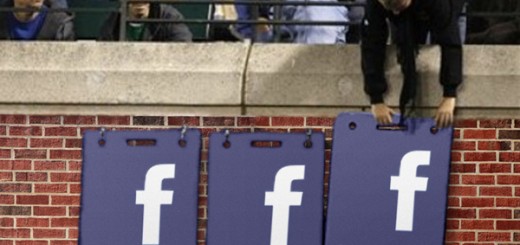

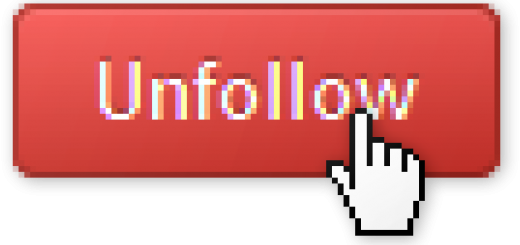
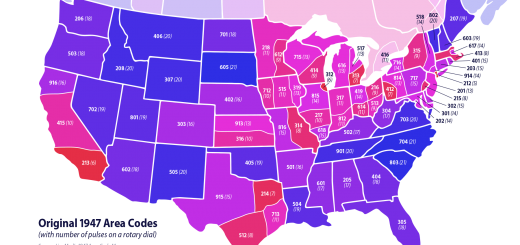

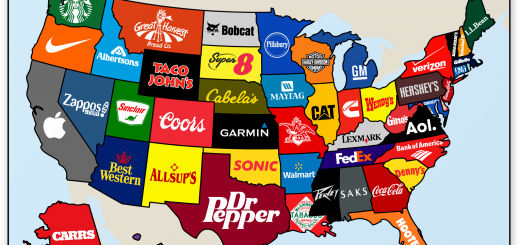
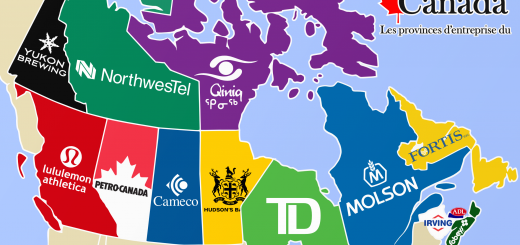

3 Responses
[…] of it is just noise. The information in the Ticker is different from the information on Twitter, Google Plus or the Facebook News Feed. The Ticker automatically regurgitates information, like some kind of […]
[…] far there is no successor to Facebook. Twitter is popular with techies and teens, and Google Plus is supposedly a hopping place for certain groups of people, but at the moment, there’s no one […]
[…] gargantuan site. If you want to contact everyone quickly, Facebook is the best way to do it. When Google Plus came out, I kind of hoped we’d all migrate there, but as long as everyone I know is using […]